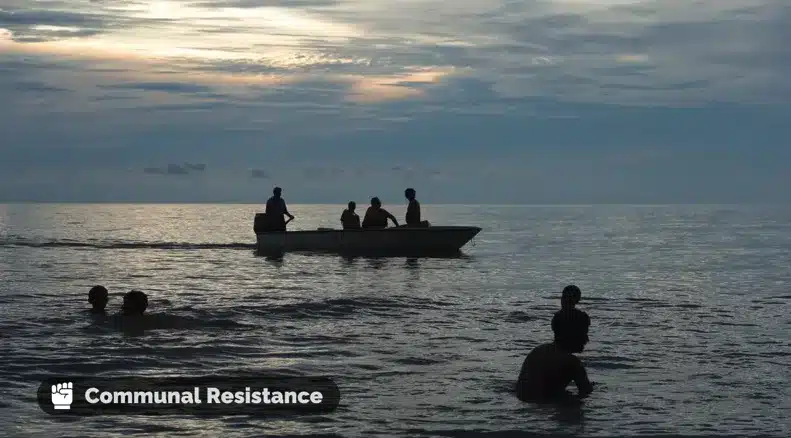
Fishing and swimming on Lake Maracaibo. Photo: Rome Arrieche.

Orinoco Tribune – News and opinion pieces about Venezuela and beyond
From Venezuela and made by Venezuelan Chavistas

Fishing and swimming on Lake Maracaibo. Photo: Rome Arrieche.
The US blockade brought much suffering to Lake Maracaibo communities, but people responded and resisted by deepening their bonds of solidarity and cooperation.
On the southern shore of Lake Maracaibo, Palmarito is an Afro-Venezuelan community shaped by centuries of history, culture, and resilience. Its people carry forward traditions rooted in their African heritage and in the fishing trade. Central to Palmarito’s way of life is the socialist commune, a form of popular self-government that transforms everyday life and work into a shared project.
The town is part of the “pueblos santos,” a cluster of Afro-descendant communities bound together by devotion to San Benito of Palermo, the “Black saint,” and the ritual rhythms of the Chimbánguele. Life in Palmarito has always revolved around the lake—its fish provide sustenance and its water routes connect those living along its shores. From the struggle against enslavement and the creation of maroon communities to today’s communal self-governance, Palmarito’s story is one of resistance and collective action.
In Part I of this testimonial series on the Palmarito Afro-Descendant Commune, we examined the project’s origins and the town’s history, while Part II focused on the role of culture in the community. Part III dealt with Palmarito’s fishing economy and focused especially on its forms of cooperative labor. In this installment, we learn about the impact of the US blockade and the collective responses the fisherfolk there have developed. The fifth and final delivery will center on the specifics of communal organization in Palmarito.
[Part of the Communal Resistance Series.]
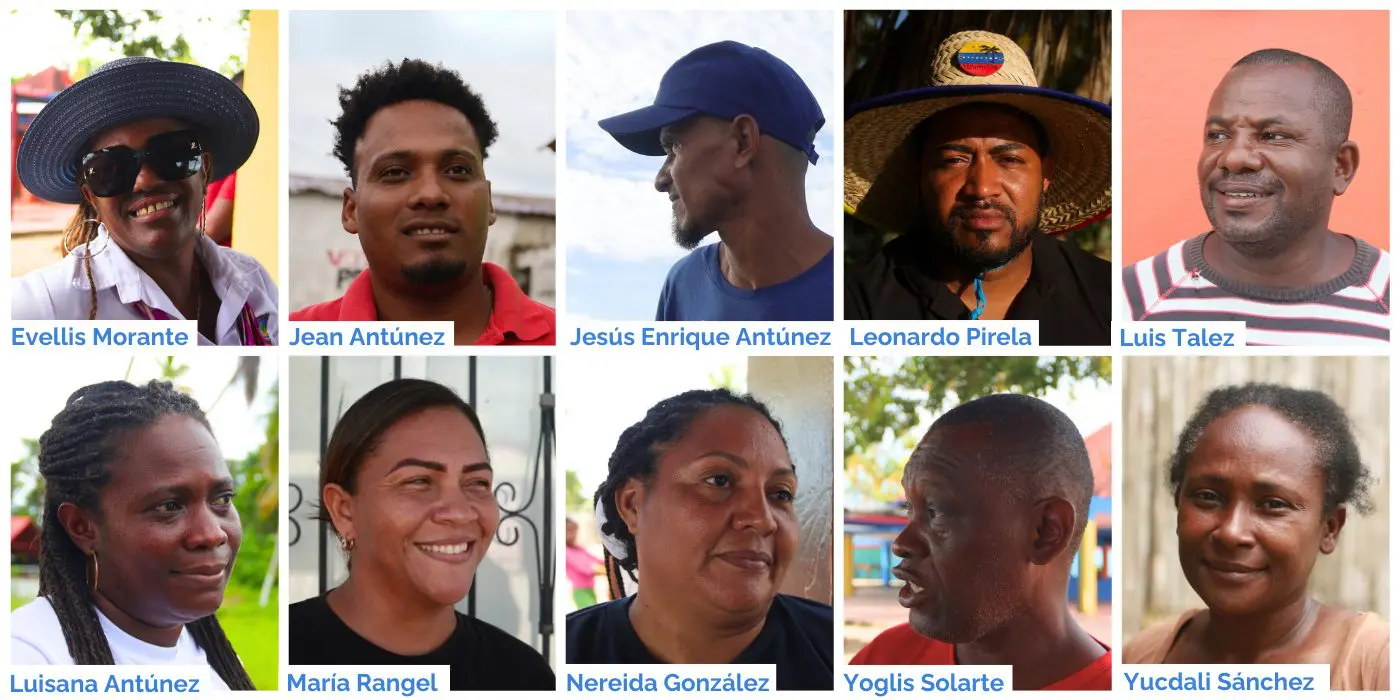
The impact of the imperialist blockade and collective solutions
The US blockade brought scarcity and hardship to Palmarito, but it also unleashed new forms of collaboration.
Luisana Antúnez: The imperialist blockade fell on us like a bucket of cold water. For a moment, everything was paralyzed, especially fishing and tourism, which are the backbones of Palmarito’s economy. We were left asking ourselves, now what? But Venezuelans don’t just give up. If we don’t have something, we invent it; if we can’t invent it, we find another way.
The United States imposed its blockade because our government has not bowed down before them; it is not their lackey. The US wants our riches—our oil and minerals—but we defend our sovereignty.
Chávez was a visionary; he warned us that this would come to pass and tried to prepare us. However, when the blockade began, we suffered enormously. Even so, the enemy has failed. We are standing tall and with dignity. That is why we say: Whoever meddles with Venezuela, withers
Yoglis Solarte: The aggression against Venezuela is nothing new. I defended the revolution during the 2002 coup d’état. I was even held hostage for 24 hours by those who carried out the coup. Ever since then, the US has been trying to topple our government. The blockade is just another phase of the same war.
Palmarito has long been a community that faces adversity with defiance. Resistance is woven into the Chimbánguele [Afro-descendant musical tradition], into our fishing culture, and into the collective spirit passed down to us from our Afro-descendant ancestors.
This culture of resistance became a source of strength and innovation when the blockade struck, showing us once again that survival comes not from waiting but from struggling, sharing, and enduring together.
FOOD SHORTAGES
Nereida González: The blockade cut off access to our most basic staple foods, so we had to reinvent our ways of living, including our forms of celebration. When someone had a birthday and there was no flour in the store, we would make a yuca and coconut pie that is called enyucado, using foodstuffs that grow around us. We revived our grandmothers’ recipes.
I won’t say, however, that those were rosy times. Things have been very difficult up until recently, only beginning to get better in 2022 or 2023.
Evellis Morante: We got tired of waiting up to two hours in line for a couple of kilos of Harina Pan [cornmeal]. So, we began instead to make flour from corn or yuca, and we learned how to render pork fat and get oil from coconuts. We also replaced milk with rice and pasta-based chichas with plantain.
People would come here and say: The blockade doesn’t seem to have affected you, you’re not skinny! However, the truth is that to keep our families healthy, we have had to invent new ways of preparing food and rediscover old ones.
Luisana Antúnez: The School Nutrition Program [PAE] was adversely affected by the blockade. What most schools get now are just beans and pasta, which doesn’t make for very nutritious meals. For that reason, the community contributes fish and vegetables. That way, our schools offer better meals to the youth.
Palmarito’s answer to hunger was not despair but creativity. The recipes passed down from our grandmothers became weapons against scarcity in this community. In kitchens throughout Palmarito, resistance meant making yuca cakes and plantain arepas.
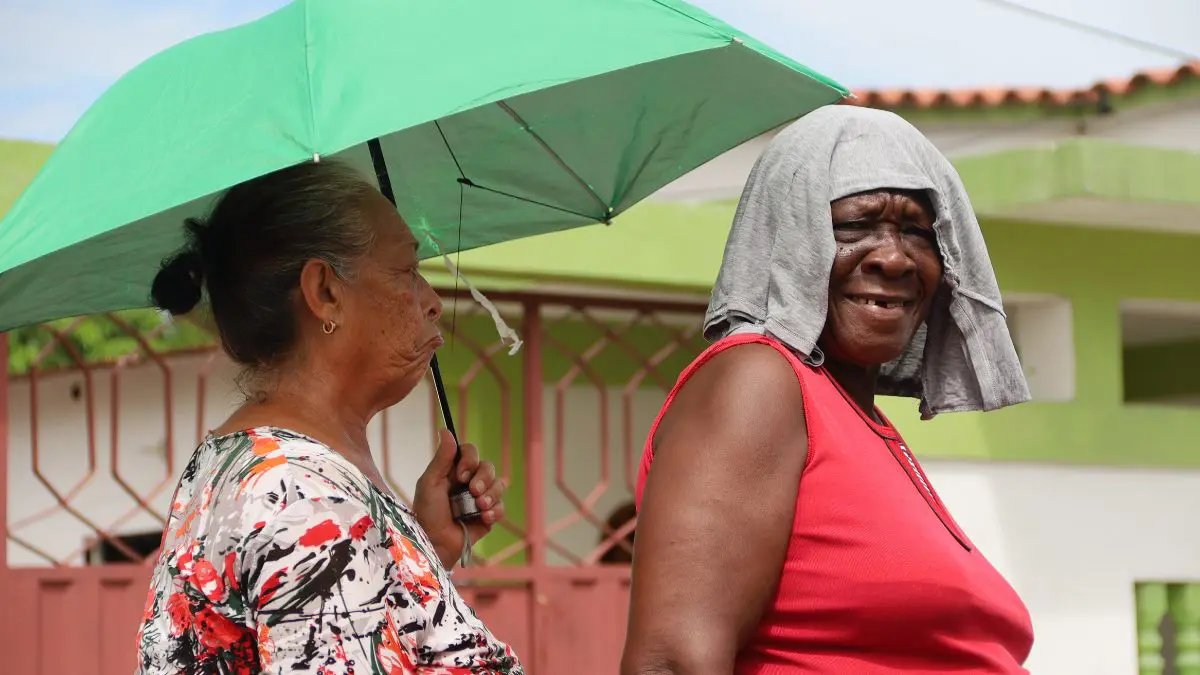
WHERE IS THE MEDICINE?
Nereida González: There was a time when we couldn’t even get medicines because they were scarce and expensive, so we turned to alternative cures. We learned from the elders: oregano works for earaches, local herbs work for coughs and flu, and we even grow “acetaminophen” [boldo, useful for stomach and headaches] in our backyard.
Of course, there are many illnesses that we cannot cure with ancestral medicine. So, over the years, we have lost many friends and comrades due to the damned imperialist blockade. Still, we never gave up!
With time, and thanks to communal organization, we reactivated the Palmarito healthcare center, which now operates 24 hours a day. It had been half-abandoned, but we had an assembly and decided that part of the commune’s income from the crab-processing plant would be dedicated to sustaining and expanding medical services. We reopened the maternity ward, set up a dentist’s office, and got equipment for a small laboratory for bloodwork. To keep the health center’s services running, we established very small fees: two dollars for locals and five dollars for visitors to the area. And if someone cannot pay, the fee is simply waived—nobody is left unattended.
Today, people come to the health center not only from Palmarito but also from neighboring towns, because they know they will get good care here.
We also bought an ambulance, which is maintained with communal funds. Everything we have achieved is because we have been like ants working together, pooling resources and demanding contributions from local enterprises and from public institutions. That’s how, even under the blockade, we have kept our health system alive.
Luisana Antúnez: We lost grandparents, friends, and loved ones in the early years of the blockade. Sometimes medicines were simply unavailable, other times they were so expensive that families simply couldn’t afford them. Those were very dark days.
Now things are looking brighter: just a few days ago, my daughter had a very high fever, and not only did she get great care at the health center, but they also supplied most of the medicines she needed.
The commune gets income from the crab-processing plant. Carefully managing these funds has been very important for the maintenance of Palmarito’s strategic infrastructure, including our health center, schools, and roads.
Yucdali Sánchez: We live in a very humid zone, with lots of mosquitoes that bring malaria and dengue. To fight these diseases and others, we have turned to traditional remedies.
We use the leaf and root of the chota plant to treat hepatitis and malaria. For nasal congestion and bronchitis, we prepare oregano with milk and a touch of butter. We combat dengue with infusions of malojillo, lemon balm, and lemon. These practices have never been lost, but when the crisis got bad, we started to use them regularly.
FUEL SHORTAGES
Jean Antúnez: Fishing became almost impossible for a while. When gas reached two or three dollars per liter, nobody could afford to go out in boats. Production dropped to a minimum because we simply couldn’t go out on the lake.
Luisana Antúnez: Families didn’t go hungry here in Palmarito because nature provides for us, and collaboration is a daily practice. However, our fishing yields went down sharply because of fuel shortages, so our cash revenues dropped dramatically. The little fuel available was being hoarded and resold to us at outrageous prices. Many had outboard motors but couldn’t use them.
For this fishing community, it was a devastating blow.
Nereida González: The CONPPA fisherfolk councils finally got a special fueling station for fishers set up here, called “Módulo Pescar Palmarito.” It was a project supported by Insopesca [Socialist Fishing Institute, part of the Ministry of Fishing] and Mérida’s governor.
Each week, the station distributes between 3,000 and 15,000 liters of gasoline. Fishers now receive 120 liters per outboard motor and 30 liters per pakipaki [homemade outboard motor]. Without the collective struggle to obtain the new fueling station, fishing in Palmarito would have collapsed.
Luisana Antúnez: I worked at the fueling station myself. Before it opened, fuel was being resold at outrageous prices, and many fisherfolk couldn’t afford to fish. Thanks to the station, we stabilized the supply of gas.
That meant that with the fuel-efficient pakipaki motors, our people could keep bringing fish and crab to their tables. Without the new fueling station, Palmarito might have gone hungry.
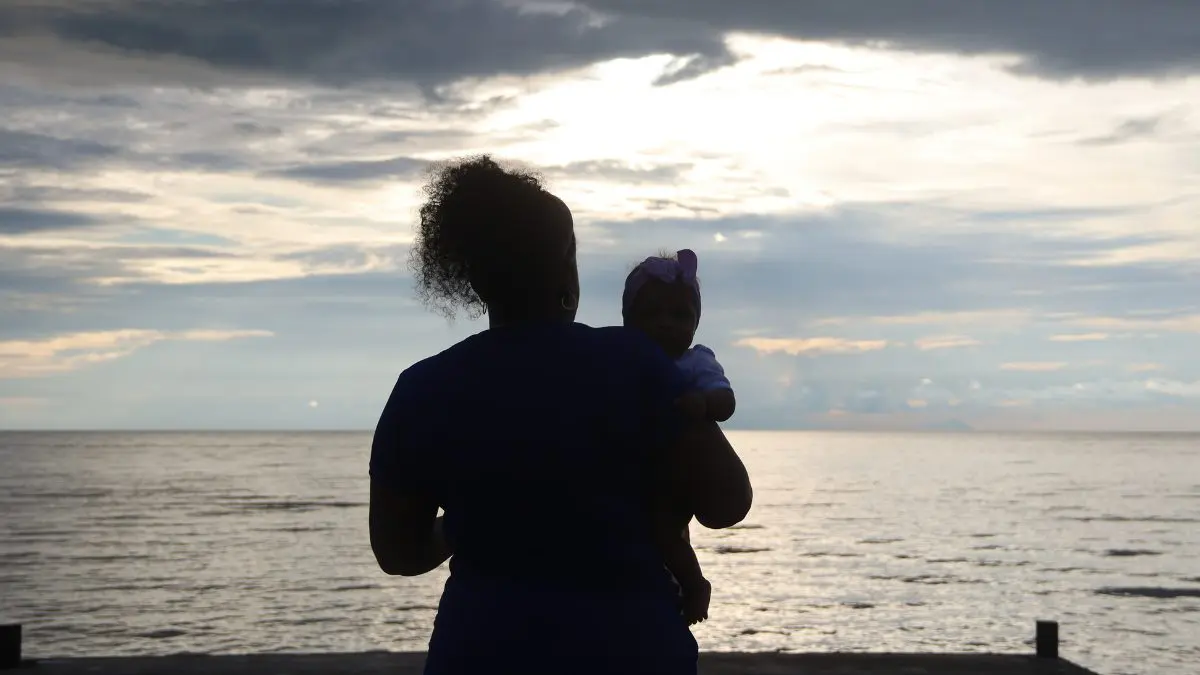
THE HARDSHIPS OF MIGRATION
Nereida González: But fuel wasn’t the only problem; another source of suffering was the departure of many youths due to the blockade. In just one year, more than 200 young people left Palmarito. Buses would depart from here straight to Colombia. From there, many walked through the Darién jungle and beyond, crossing rivers and mountains until they reached the southern border of the United States.
To see so many kids leaving was heartbreaking. We asked ourselves: What will become of us if all the young people leave? Fortunately, the trend has begun to be reversed: some people have begun to come back, though many may never return.
Keeping the youth here is very important to us. That is why we are encouraging the creation of a youth fisherfolk council, a CONPPA specifically for young people. Soon our town will have a total of four fisherfolk councils: the Palmarito Council, which is the oldest, the Women’s Council, the Hugo Chávez Council… and now the Youth Council! Young people want to be involved, not only in the fishing craft but also in all its traditions, learning from their elders how to cast and mend nets, how to navigate the lake, and how to respect its spirit.
The Youth Council is a very hopeful project that incorporates the youth of our community.
Venezuela Integrates Bolivarian Militia With Communes Amid US Invasion Threats
María Rangel: My son is now in Chicago. He crossed the Darién and then continued north. For many days, we had no news of him, and during that time, we heard macabre stories about people who attempted the same odyssey and didn’t make it.
It was a very difficult time for us. My son had to sell his motorcycle and horse to pay for the trip. His children are still here with their mother, but he sends remittances back. It’s been very hard for me and it’s very hard for my grandchildren too, but that’s what the blockade did: in an effort to make us submit to the US, the blockade tore hundreds of thousands of families apart.
They didn’t break our country’s will, but they sure tore apart many families.
Yoglis Solarte: We must also point to those who desired the migration and benefitted from it: Juan Guaidó, Leopoldo López, and María Corina Machado. These very high-profile people are the worst coyotes [migrant smugglers]. They do the dirty work for the White House, which wants to overthrow the [Maduro] government. These rascals have also made money from their collaboration with the enemy, and migration became one of their businesses.
There are more than one hundred people in Indianapolis from Palmarito. That is probably the largest Palmarito cluster in the United States.
VIOLENCE RESULTING FROM THE BLOCKADE
Jesús Enrique Antúnez: One of the hardest problems we faced during the blockade was crime groups operating on the lake. There was a gang called “Los Piratas” [The Pirates] that would come in speedboats and rob fishermen of their outboard motors, their catch, even their nets. They even killed some fishermen. The communities on the shore of Lake Maracaibo were living in fear.
Luis Talez: The violence hit us hard. Many compañeros lost their outboard motors and their fishing gear. Without those tools, you can’t fish, so you can’t bring food to your family. Some left the fishing trade altogether and others migrated because they couldn’t recover from the losses.
Jean Antúnez: The assaults were systematic. They would strike when we were out working, hauling in crab or fish from the nets. Families had to go into debt to replace what was stolen, and fear was constant.
Over time, though, things began to change. The fisherfolk Councils and the commune began to join forces with the police: We got patrols going on the lake, there was more control over fuel distribution, and the community organized itself, so we could look after one another. That’s how we began to turn the tide.
Luisana Antúnez: The blockade didn’t just bring scarcity; it also eroded parts of our social fabric. Some sectors fell into desperation, and with it came problems like violence and mistrust.
But at the same time, it awakened something else: a deeper sense of solidarity. The hardships themselves pushed us to come together, to collaborate in ways we hadn’t done before.
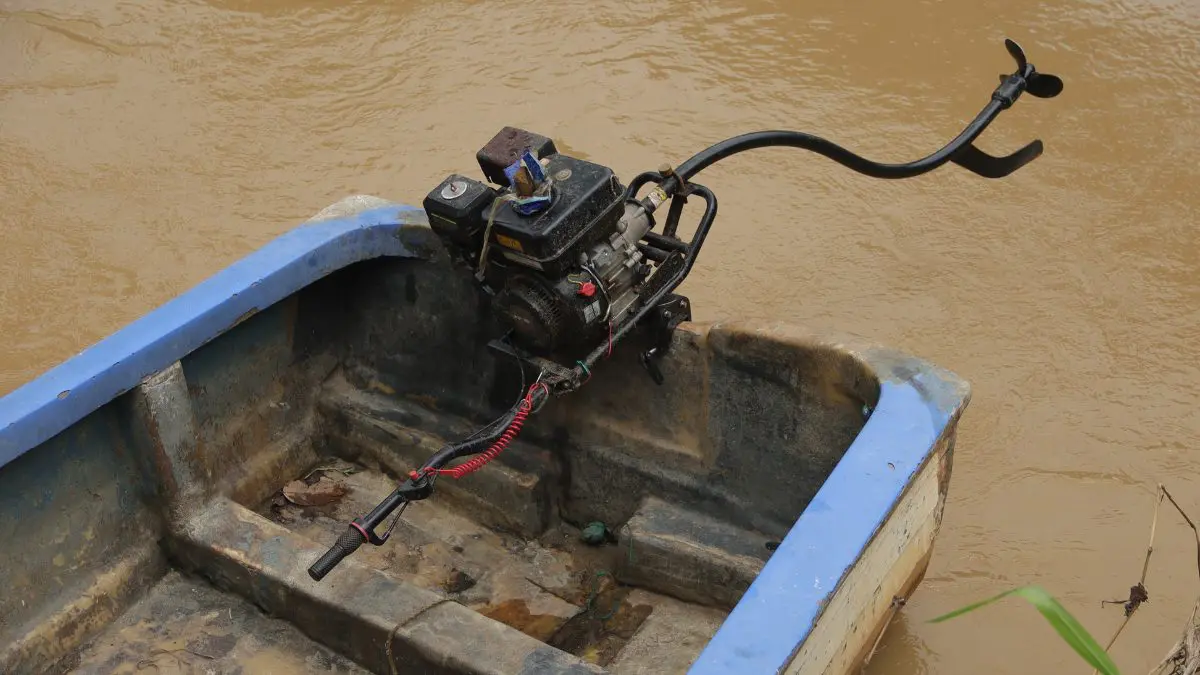
SOLUTIONS AND CREATIVITY
Leonardo Pirela: With the fuel crisis, we had to reinvent the way we fished. Outboard motors can consume up to 70 liters of gasoline per day, so here in Sur del Lago, we came up with what we call the pakipaki. People dismantled the chain system of a motorcycle, adding a shaft and a propeller, and made a small motor out of that!
Fuel consumption went down to 10 or 15 liters per day, although, as you can imagine, a boat using a pakipaki is much slower than one propelled by an outboard motor. The pakipaki, which is a wonderful local invention, allowed us to keep feeding our people when fuel was scarce and expensive.
Luis Talez: During the pandemic, the pakipaki became our salvation. Some said it came from China, but here we learned how to build them. A pakipaki uses roughly one-seventh the fuel of an outboard.
I’m one of the lucky ones: I have both a pakipaki and an outboard motor. When the crab is close to the shore, I use the pakipaki. When I have to go farther, I use the outboard.
They say it’s called pakipaki because of the sound it makes: paca paca paca.
Jean Antúnez: In the days of the fuel shortages, before we got the new fuel station in Palmarito, we also practiced pesca de vara [pole fishing]. We would go to the lake with just a stick, a line, and a hook. It wasn’t about bringing home a big catch to sell, but about making sure no family went without food.
Nereida González: We also organized communal fishing days. Each family would get a share of the catch, whether it was crab or catfish. That’s how we resisted: by making sure nobody went without food, no matter how bad things got!
Palmarito’s ingenuity turned scarcity into invention and necessity into solidarity. From pakipakis built with motorcycle chains to the new fuel station that was won through collective struggle and government support, from developing alternative fishing practices to the sharing of our catches, people here have proven that resistance is not just about surviving but about creating new ways of living.
Just as the rhythms of the Chimbánguele transform hardship into celebration, Palmarito’s fisherfolk transformed the blockade into a lesson in creativity and resilience. Each solution was born out of organization, out of neighbors coming together to face common challenges.
In the end, what has kept Palmarito afloat during this criminal blockade is not only creativity, but the conviction that only through cooperation can we endure and move forward.
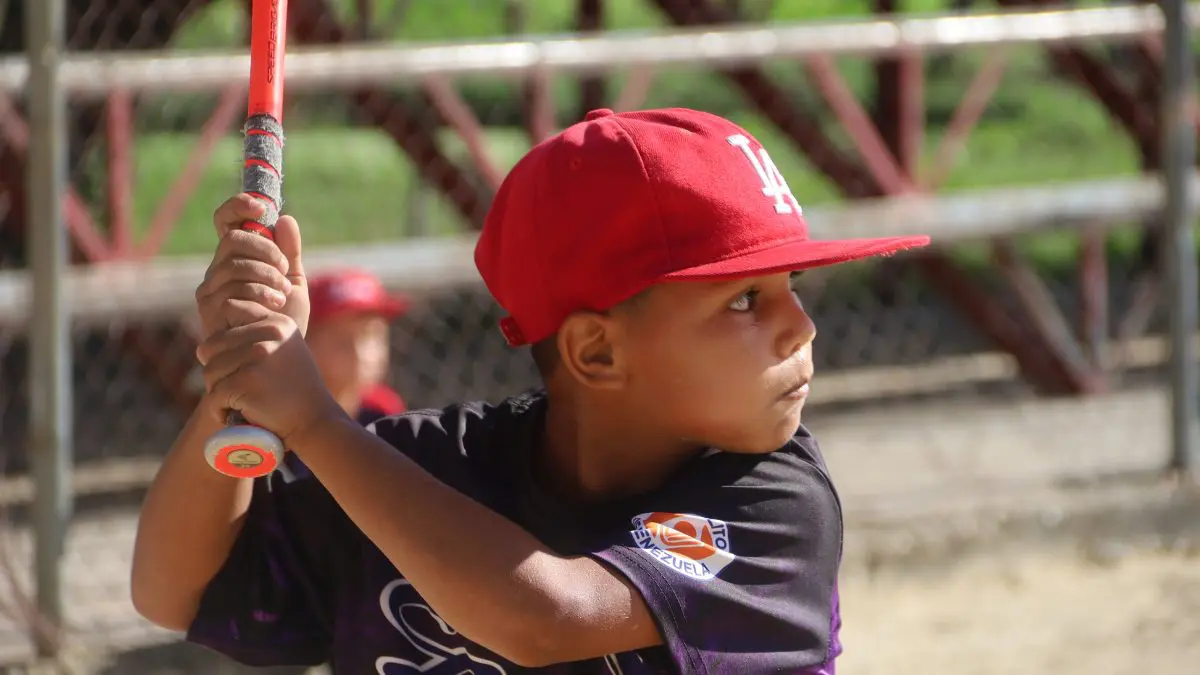
(Venezuelanalysis) by Chris Gilbert and Cira Pascual Marquina